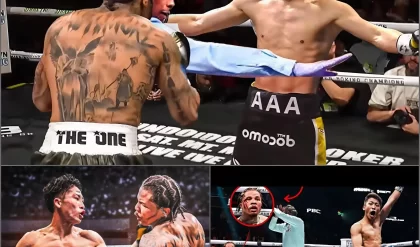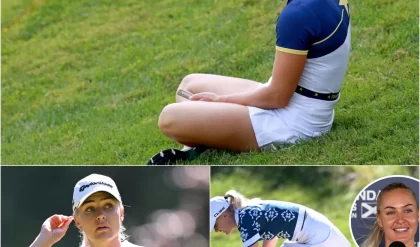A new and dramatic twist has emerged in the escalating legal saga between 23XI Racing and NASCAR, setting the stage for a showdown that could reshape the sport’s charter system. On July 21, NASCAR quietly amended its rulebook to ensure that 23XI Racing and Front Row Motorsports (FRM) would not lose access to races after being stripped of their charters earlier this year. The change grants NASCAR broad discretion to limit race entries to 40 cars, with up to six open-team spots allocated based on owner points standings—a clear attempt to stabilize the situation while litigation continues. Notably, 23XI co-owner Denny Hamlin emerged victorious at the recent Cup Series race at Dover, signaling the team’s competitive resilience despite their legal troubles
The development comes amid an ongoing antitrust lawsuit filed by 23XI Racing and Front Row last October, accusing NASCAR of monopolistic practices embedded in the charter system. A federal district court initially sided with the teams, granting a preliminary injunction that allowed them to race as chartered entities throughout 2025, despite refusing to sign NASCAR’s proposed charter agreement. However, that ruling was overturned by a U.S. Court of Appeals in early June, which criticized the injunction as legally unsound and opened the door for NASCAR to revoke the teams’ charters—assets worth tens of millions of dollars
In response, NASCAR filed a counterclaims lawsuit in March, accusing 23XI Racing and Front Row Motorsports of forming an “illegal cartel” by interfering with broadcast negotiations, threatening boycotts, and engaging in group boycotts of NASCAR meetings. The organization is seeking triple damages and the removal of the teams’ guaranteed starting positions if the litigation continues
This legal tug-of-war reached critical momentum in mid-July, when 23XI and FRM filed for a temporary restraining order and renewed preliminary injunction to preserve their status as chartered teams through the 2025 Cup Series season. Their filing referenced “new information surfaced through the discovery process” as justification—though much of that evidence remains redacted and confidential for now . NASCAR, in turn, described the move as a disruptive and needless litigation ploy, urging the teams to propose a resolution instead of prolonging the conflict

While the court has yet to rule on the new injunction request, NASCAR’s rulebook adjustments offer a temporary lifeline—allowing open teams such as 23XI to qualify through owner points and avoid missing races during the season . Observers and fans are bracing for the December 1 trial, where both sides are preparing to lay all their cards on the table. Denny Hamlin has promised significant revelations, warning that “all will be exposed” once the proceedings begin
As the battle continues, the spotlight on NASCAR’s charter system grows brighter. At stake are more than just race entries—this case could determine the future balance of power between teams and management in stock car racing. With millions in charter value on the line and antitrust laws at the heart of the matter, the outcome could trigger major changes in how the sport is governed—and who gets to take the green flag each week.
